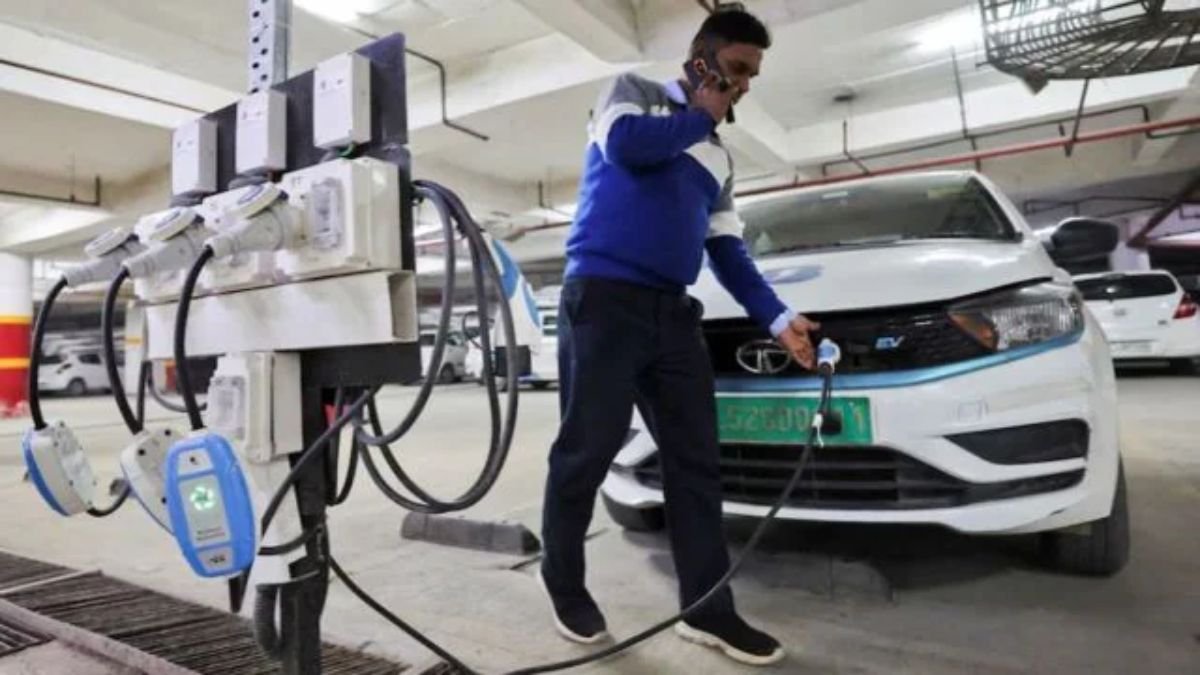How Night-Time Charging Of EVs Can Undermine Their Climate Benefits

A recent study has revealed that the environmental benefits of electric vehicles (EVs) may be limited by the carbon load associated with electricity generation. The findings suggest that the energy source used to power EVs significantly influences their overall sustainability.
The Role of Night-Time Charging in Climate Impact

The research highlights that night-time EV charging, a common practice among owners, exacerbates the issue. During nighttime, power grids often rely on less renewable energy and more fossil fuel-based electricity, leading to higher carbon emissions.
Renewable Energy Integration: A Key Solution
Experts emphasize that increasing the share of renewable energy in power grids can mitigate the negative impact of EV charging. Policies and incentives promoting green energy adoption are crucial to maximizing the environmental advantages of electric mobility.
Rethinking Charging Practices for a Sustainable Future
To address this challenge, the study suggests encouraging daytime EV charging, particularly during peak renewable energy production hours. Smart charging infrastructure and user education are essential to align charging behaviors with green energy availability.
Balancing EV Adoption with Sustainable Energy
While EVs are a step forward in reducing transportation emissions, their climate benefits heavily depend on the carbon intensity of electricity generation. Sustainable energy policies and thoughtful charging practices are critical to ensuring that EV adoption aligns with global climate goals.
The Hindustan Herald Is Your Source For The Latest In Business, Entertainment, Lifestyle, Breaking News, And Other News. Please Follow Us On Facebook, Instagram, Twitter, And LinkedIn To Receive Instantaneous Updates. Also Don’t Forget To Subscribe Our Telegram Channel @hindustanherald








